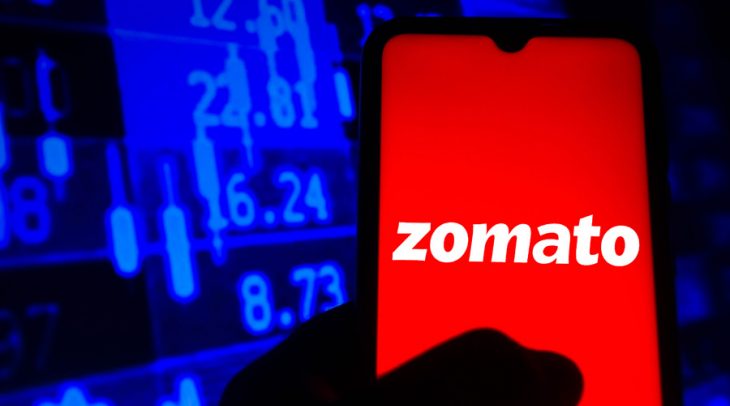Online app-based food delivery platforms like Zomato and Swiggy will now have to pay five per cent Goods and Services Tax (GST). This was decided at the 45th GST Council meeting on Friday.
Many users on social media were upset with the decision, thinking they would have to pay more for deliveries under the new GST rule. However, it was soon clarified that the move will have no impact on end consumers as no new tax has been proposed or added.
Addressing a press conference after the meeting, Finance Minister Nirmala Sitharaman said e-commerce operators (ECOs) like Zomato and Swiggy will have to collect and deposit the five per cent GST for food deliveries instead of restaurants they pick up orders from. This is because food delivery apps like Zomato and Swiggy are registered as TCS or tax collectors at source.
Therefore, the council’s decision is likely to impact the food delivery apps and not customers who were already paying this tax for food delivery to restaurants. From January 1, food delivery apps and cloud kitchens have been asked to collect and deposit the 5 per cent levy.
MOTIVE BEHIND DECISION
Finance Minister Nirmala Sitharaman said the rule has been decided upon to stop revenue leakages that were happening under the current structure as many restaurants were avoiding GST payment on food deliveries.
Sitharaman said the issue was discussed at the meeting and it was decided that the “place of delivery” would be taxed and not the origin point of it.
The place where the food is delivered will be the point where tax will be collected by services like Swiggy and Zomato,” she said. Technically, this means consumers who were paying the 5 per cent tax on food delivery to restaurants will now pay it to Zomato and Swiggy.
Revenue Secretary Tarun Bajaj made it clear that the move will not impact end customers and they will not have to pay more.
“Suppose you order food from the aggregator, now the restaurant is paying taxes. But we found some restaurants were not paying. We are now saying that if you order, the aggregator will collect from the consumer and pay to the authorities instead of the restaurant doing this,” Bajaj explained.
“There is no extra tax, there is no new tax. The tax was payable by restaurants, now instead of restaurants, the tax will be payable by aggregators which will also prevent revenue leakage,” he added.







Leave a Reply